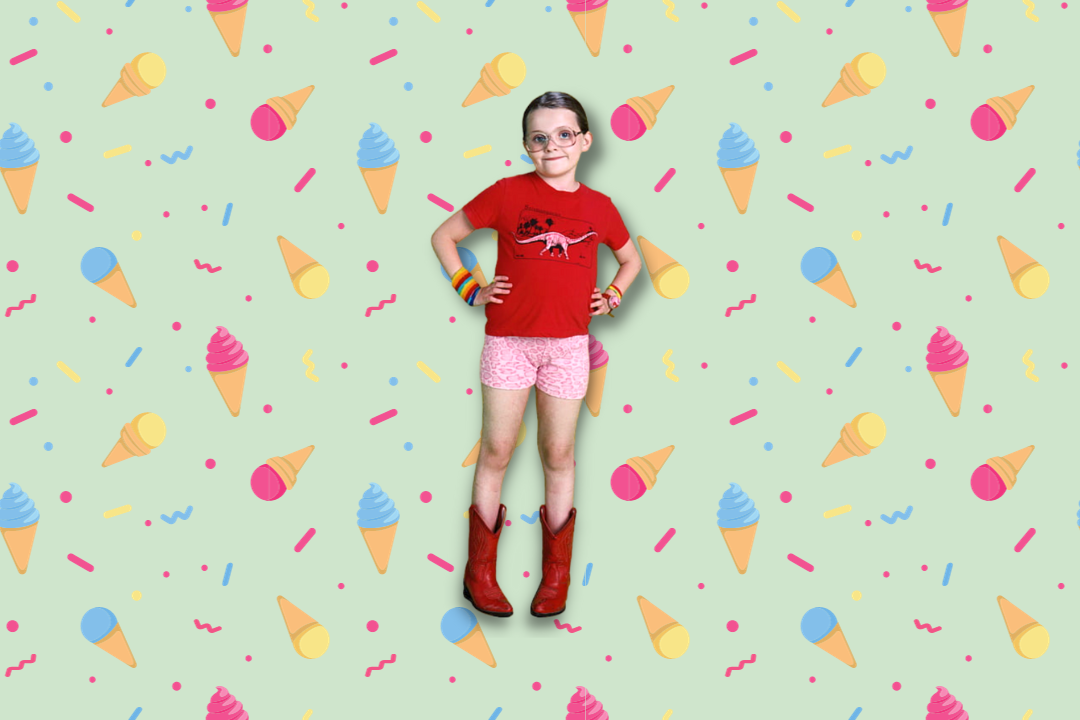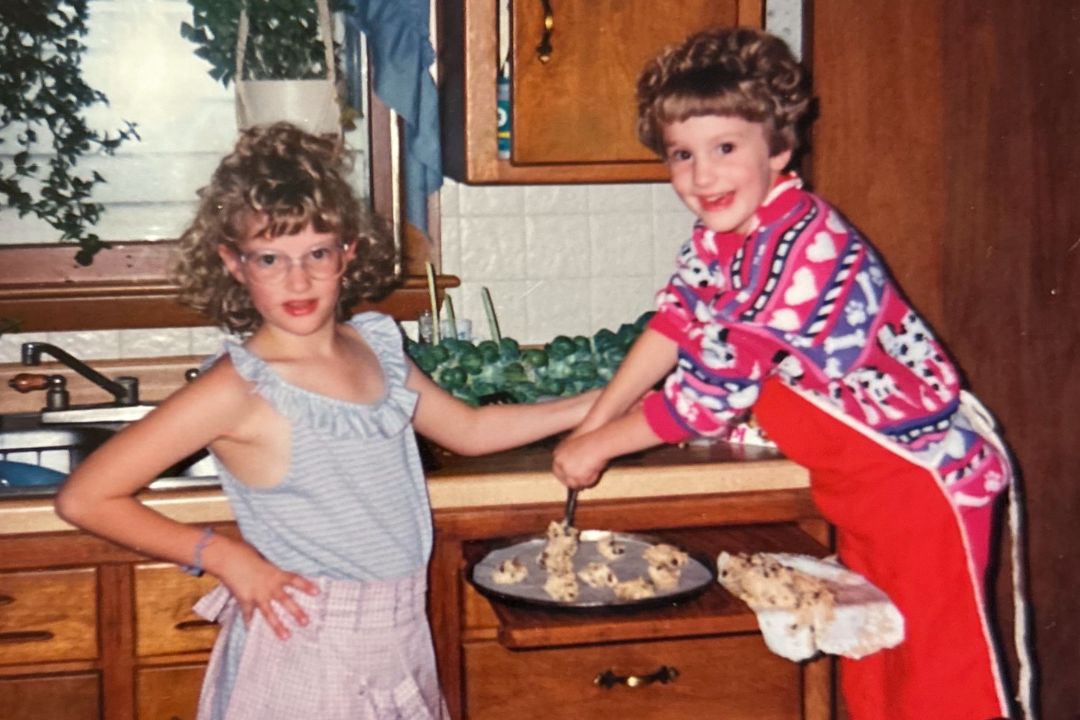Eat Your Ice Cream: Beauty and Belonging in ‘Little Miss Sunshine’
The Scoop features personal essays on movie-centric topics.
You ever watch a movie and have a character just speak to you? Like the character not only gets you, but is you?
I have.
Meet Olive Hoover, the 7 year old at the center of the darkly funny 2006 coming of age movie Little Miss Sunshine about a family that puts the “fun” in dysfunctional. Olive gets entered into a beauty contest based on a last-minute disqualification, so the family drives from Arizona to Los Angeles in a sometimes-working VW van to get to the pageant.
Little Miss Sunshine is often categorized under coming of age, implying that the character transitions from childhood to adulthood throughout the course of the film. But I see it differently.
On Beauty Pageants and Belonging
Olive is a charming, innocent, gap-toothed girl who has a childlike wonder for beauty pageants. She also has thick glasses, wears mismatching clothes over her pudgy belly, and idolizes her heroin-addicted grandfather who coaches her.
She has no idea that beauty pageants will reject her for not conforming to misogyny-laced societal standards of beauty. She has no idea how dysfunctional her dad’s shame-based “don’t be a loser” personal development program is, or why her brother is taking a Nietzsche-inspired vow of silence while drowning in angst, or how her gay uncle survived a suicide attempt and is in the throes of depression. She just knows she loves her family, and that beauty pageants are a fun game.
Olive spoke to me. Olive was me. Her beauty pageant was my Old Hollywood. She thought she was a Beauty Queen, while I thought I was going to be a famous actress with scores of suitors. We were both wide-eyed, pudgy, wore thick glasses, and picked clothes we liked instead of what we were supposed to like. We were both filled with life and an inherent yet naive sense of belonging in worlds that society did not want us inside, completely sheltered from the cruelty of the shame and rejection that loomed in the horizon and daily edged closer.
Here’s me (left) at my grandma’s house in full Famous Actress mode.
Even the cringey pageant scene felt familiar to me. When Olive was being chased by pageant staff who were ashamed of her and trying to stop her, her family intervened and stood up to support her. When I was her age I was trying to be an ice skater (when “famous actress” didn’t pan out) and when another kid on the ice started bullying me, a loud “Hey!” boomed from my beloved Grandma, who stood with her hands on her hips as she shielded me from cruelty and shame as best she could from the stands.
Let Your “Super Freak” Flag Fly
The central irony of the film is how the dysfunctional characters in her family are actually the ones “coming of age,” while Olive—the youngest among them—stays true to herself in her innocent and vulnerable authenticity.
Her fat-shaming, toxic-positivity-spouting dad grew into the dad Olive deserves, who supports her as she is. Her brother, the anti-conformist, learned to conform when it’s necessary and to be there for his family instead of hating them. And her suicidal uncle learned to rejoin his life again, while her mom learned to speak up more instead of holding everything in. Only her grandpa remained steadfast in his nonconformity to coming of age—he stayed exactly the same, completely dedicated to loving Olive exactly for who she was (second only to his love of heroin).
Olive’s bravery ends up exposing the pageantry around her—in family and in beauty competitions—and leaves us wondering what actually matters. The only difference between Olive and me was when the shame and misogyny came for her, Olive chose herself. She kept dancing, and I stopped.
It took me many, many years later to learn that the game is rigged. That conforming is obedience to self-abandonment. And that the only way to win is to eat the damn ice cream and let your super-freak flag fly while dancing with all your might.
Hey Olive—it took me a long time, but I learned to choose me too.


